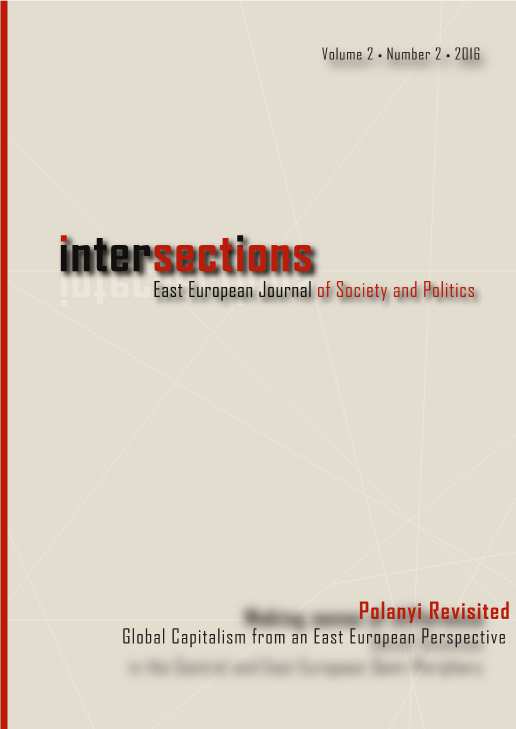Sustaining Democracy in an Era of Free Markets: Karl Polanyi’s Perspectives on the Politics of Finance
Sustaining Democracy in an Era of Free Markets: Karl Polanyi’s Perspectives on the Politics of Finance
Author(s): Gábor ScheiringSubject(s): Economy, Supranational / Global Economy, Business Economy / Management
Published by: MTA Társadalomtudományi Kutatóközpont Kisebbsegkutató Intézet
Keywords: Polanyi; double movement; fictitious commodity; finance; democracy
Summary/Abstract: With the contemporary crisis of liberal democracy and the rise of illiberalism in the aftermath of the global financial crisis we need a theoretical framework that links modernization, crises and the fate of democracy. In my paper I attempt to show that Polanyi’s thinking represents such a framework. I focus on Polanyi’s historically informed political economic analysis of the tensions between liberal finance and liberal democracy. In the first section I reconstruct Polanyi’s political stance regarding democracy, socialism and the market. Based on this I will bring to the fore his often neglected views regarding the commodification of money and the tensions between international finance and democracy. Polanyi shows that monetary policy is not a technical but a deeply political question with major social implications. In the final section of my paper I conclude that Polanyi’s theory of the double movement and fictitious commodification can only be understood once we strip it of its excessive functionalism and bring it into dialogue with his political views. Polanyi urges to preserve the market by protecting the economy and society from the damages of excessive commodification: markets need to be protected from themselves.
Journal: Intersections. East European Journal of Society and Politics
- Issue Year: 2/2016
- Issue No: 2
- Page Range: 84-103
- Page Count: 20
- Language: English

